
Poor waste management and limited access to clean water continue to endanger residents in the Northern Region, undermining efforts to achieve Sustainable Development Goal (SDG) 6.
Despite national sanitation improvements, the region grapples with open defecation and inadequate waste management.
SDG 6 emphasizes “clean water and sanitation for all by 2030”. However, access to safe water, sanitation, and hygiene, basic human needs for health and well-being, remains a significant challenge in the Northern Region. Public safety is threatened by informal refuse dumping, overflowing official waste points, water source pollution, and the region’s recurring water crises.
Communities within the Greater Tamale Metropolis, including Kakpagyili, Gukpela, Lamakara, Nalung, and Tutingli, are affected. Women in these areas often rely on water scooped from dugouts, amidst worsening sanitation.
Mohammed Sawudatu, from Kakpagyili, and other women use dugouts built by their husbands as their primary water source during the dry season. She reports that this unhygienic water source negatively impacts health, well-being, and education.
“The water we fetch is not hygienic. The sanitation here is bad yet we have no option. Our children are admitted every day,” she explained. “Our children don’t go to school because of ill health which is a big concern for us because their future is uncertain”.

Since 2022, France and the EU have collaborated on sustainable urban development in Northern Ghana. The first €15 Million Euros Sustainable Cities Project Phase 1, launched in Tamale in September 2024, is being implemented in Tamale, Nalerigu, Wa, Bolgatanga, Damongo, and Yendi. Funded by the EU and implemented by the Agence Française de Développement Groupe – Expertise France (AFD Group), the project supports urban planning and management, essential municipal services like waste management, recreational areas, collective water access, and the design and operationalization of an Urban Observatory (UO) for tracking urban development and management.
During a recent visit to the region, the European Union Ambassador to Ghana, Irchad Razaaly, expressed concern about water, sanitation, and climate vulnerabilities.
“The EU-Ghana Partnership for Sustainable Cities aims to drive greater prosperity for both the people and the economy in the northern regions of Ghana. This initiative brings together EU partners, including the EU Delegation, France, the European Investment Bank, and Hungary, as well as non-EU partners like UNICEF, to mobilize funding and collaborate on the development of urban areas in the north,” he stated.

The Greater Tamale Metropolis alone generates an estimated 810 tonnes of waste daily, with only 216 tonnes collected, leaving a backlog of 594 tonnes.
Cholera cases have already been reported in some parts of Ghana due to poor sanitation and lack of clean water. The current water, sanitation, and climate change situation in the Northern Region poses a significant threat to the livelihoods of its inhabitants and requires urgent attention.
The post Waste management and water access crisis persists in Northern Region first appeared on 3News.
Read Full Story


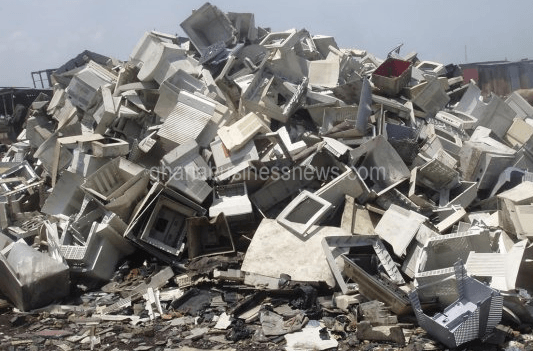

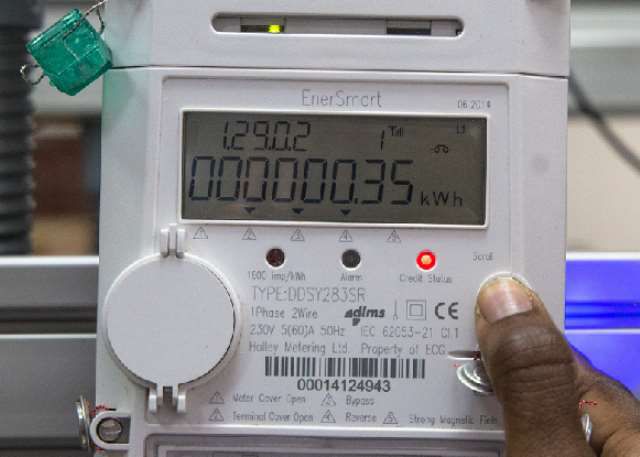


![Rider feared dead after accident at Kasoa-Ofankor, motorbike lands on rooftop [video]](https://sportal365images.com/process/smp-images-production/pulse.com.gh/12042025/01049b67-7887-4c09-96e7-cdcc209a6018.png)
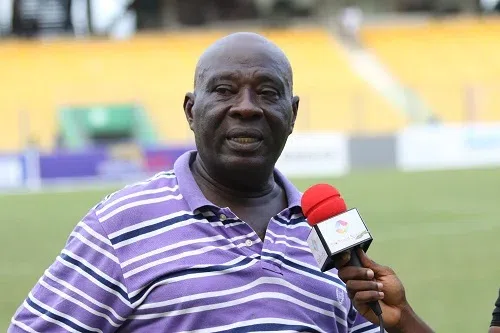
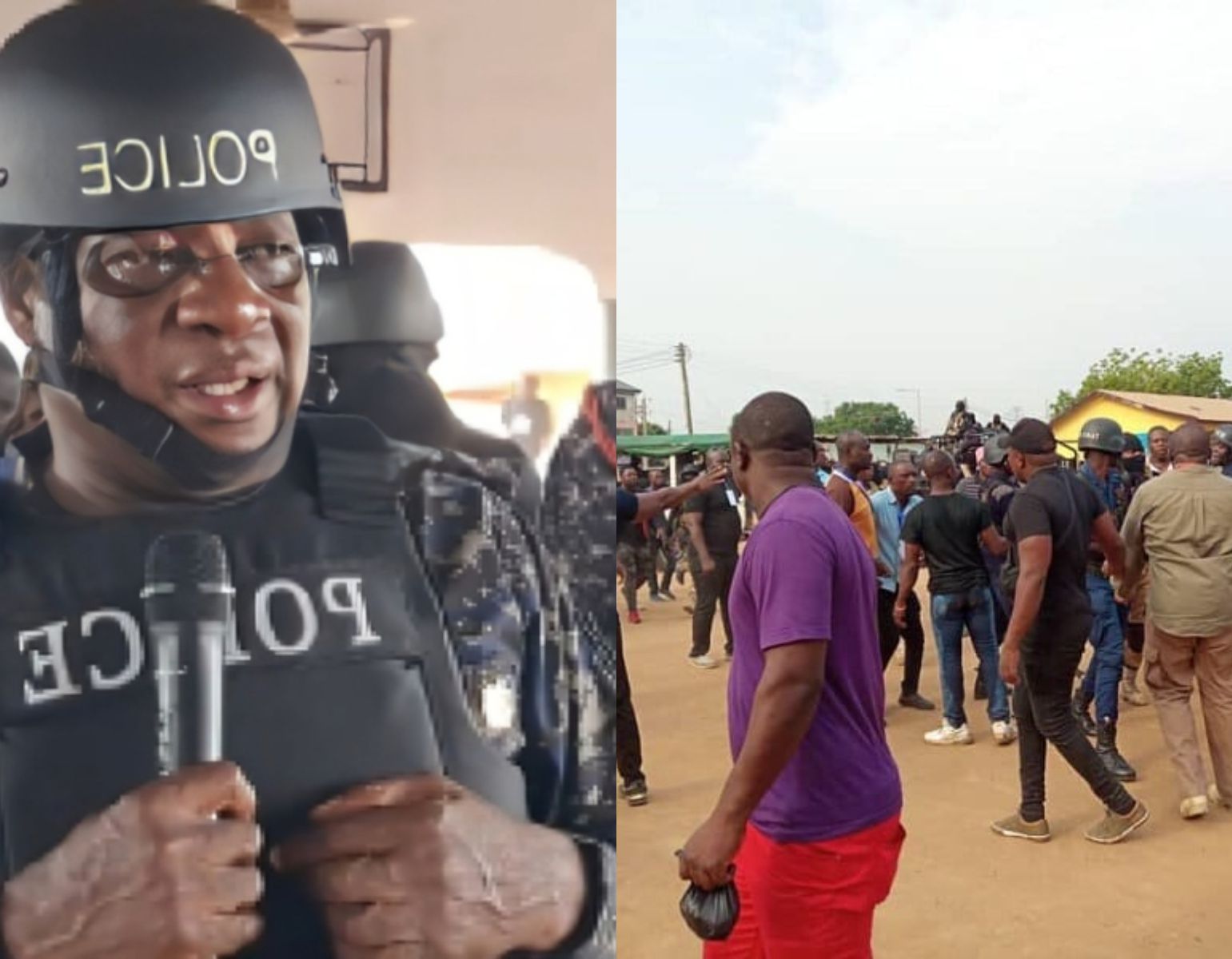
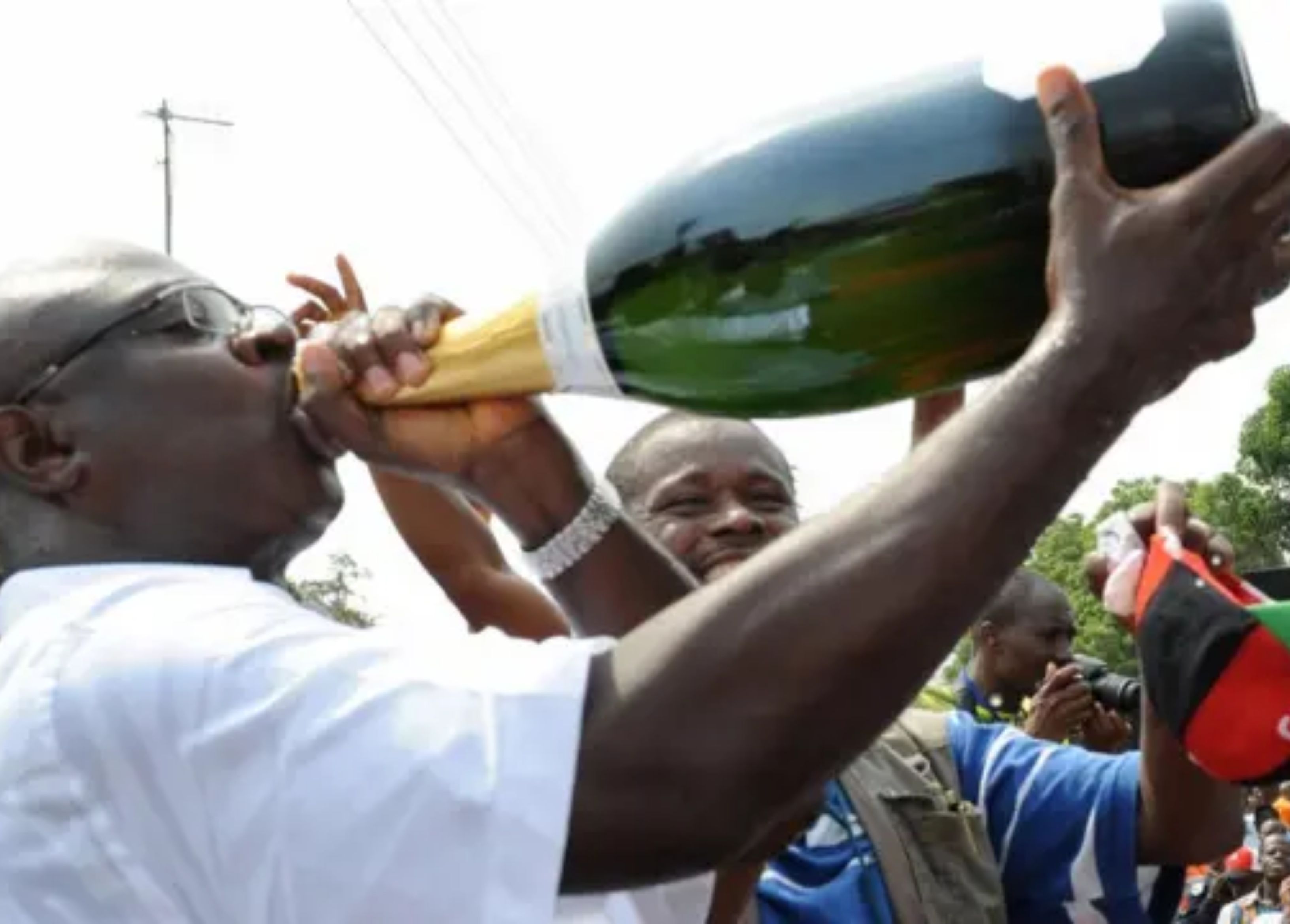



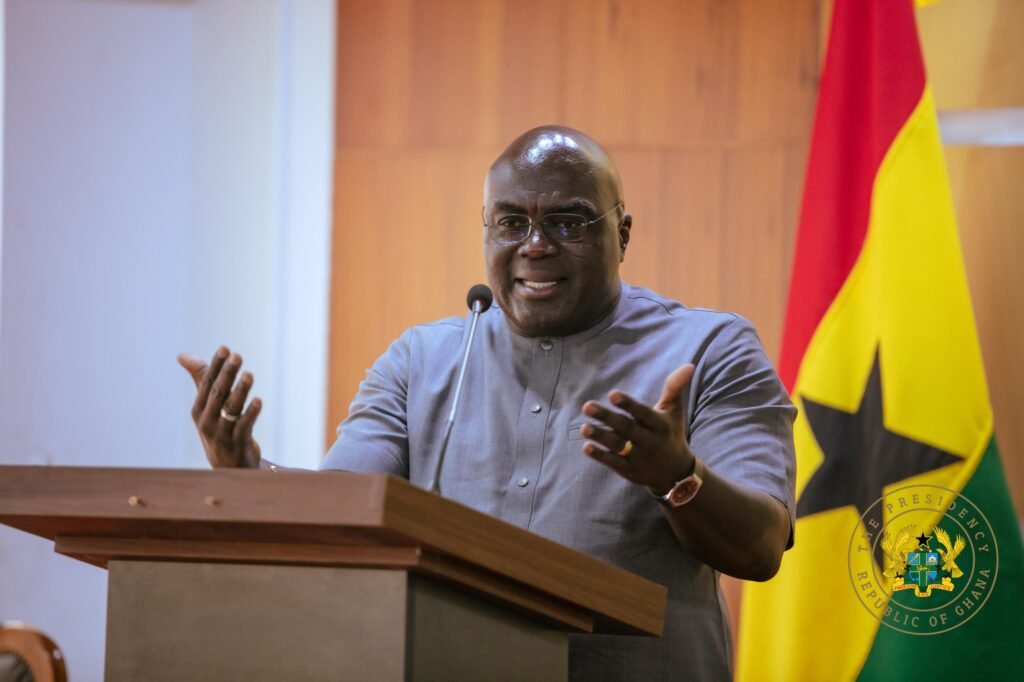



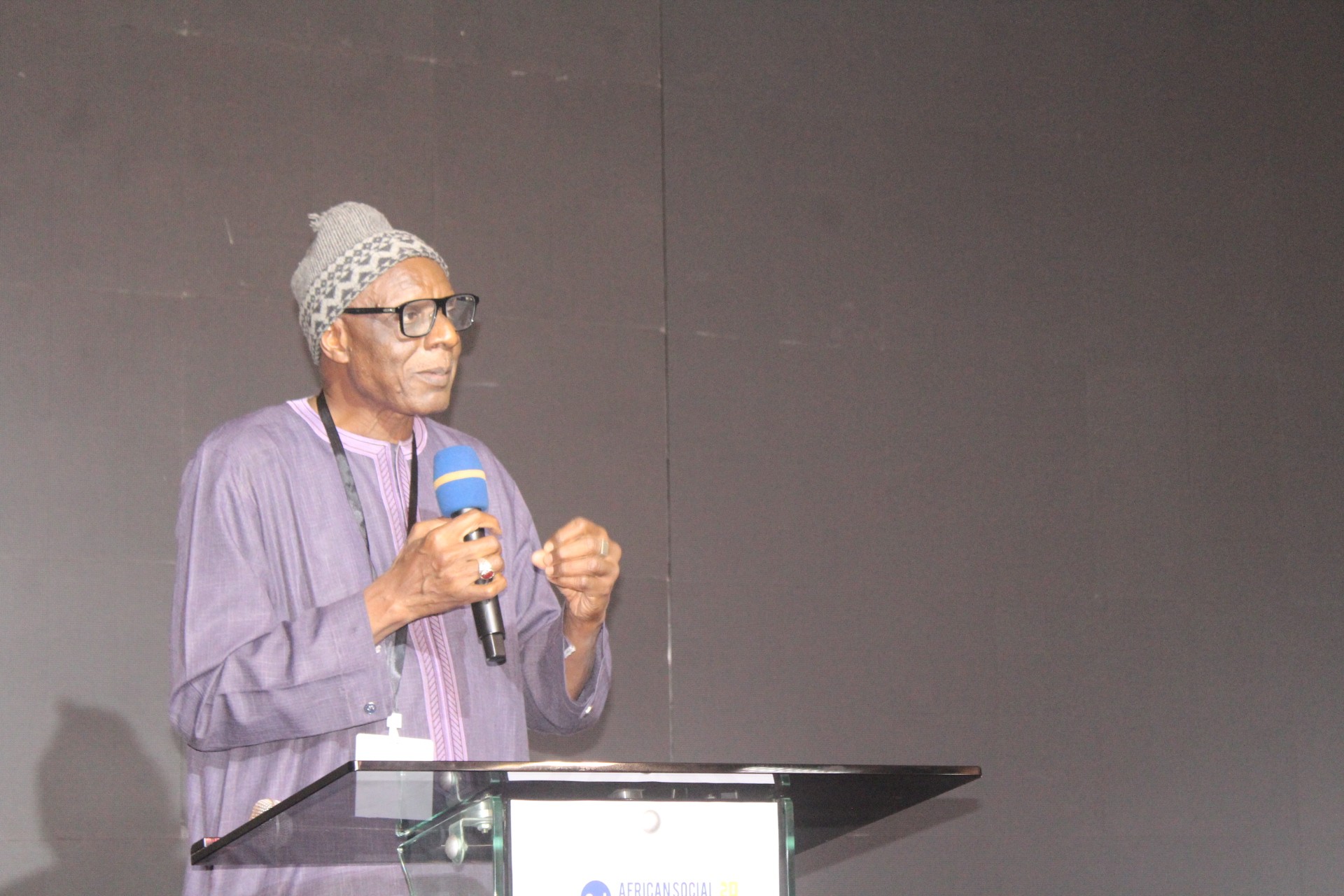
Facebook
Twitter
Pinterest
Instagram
Google+
YouTube
LinkedIn
RSS